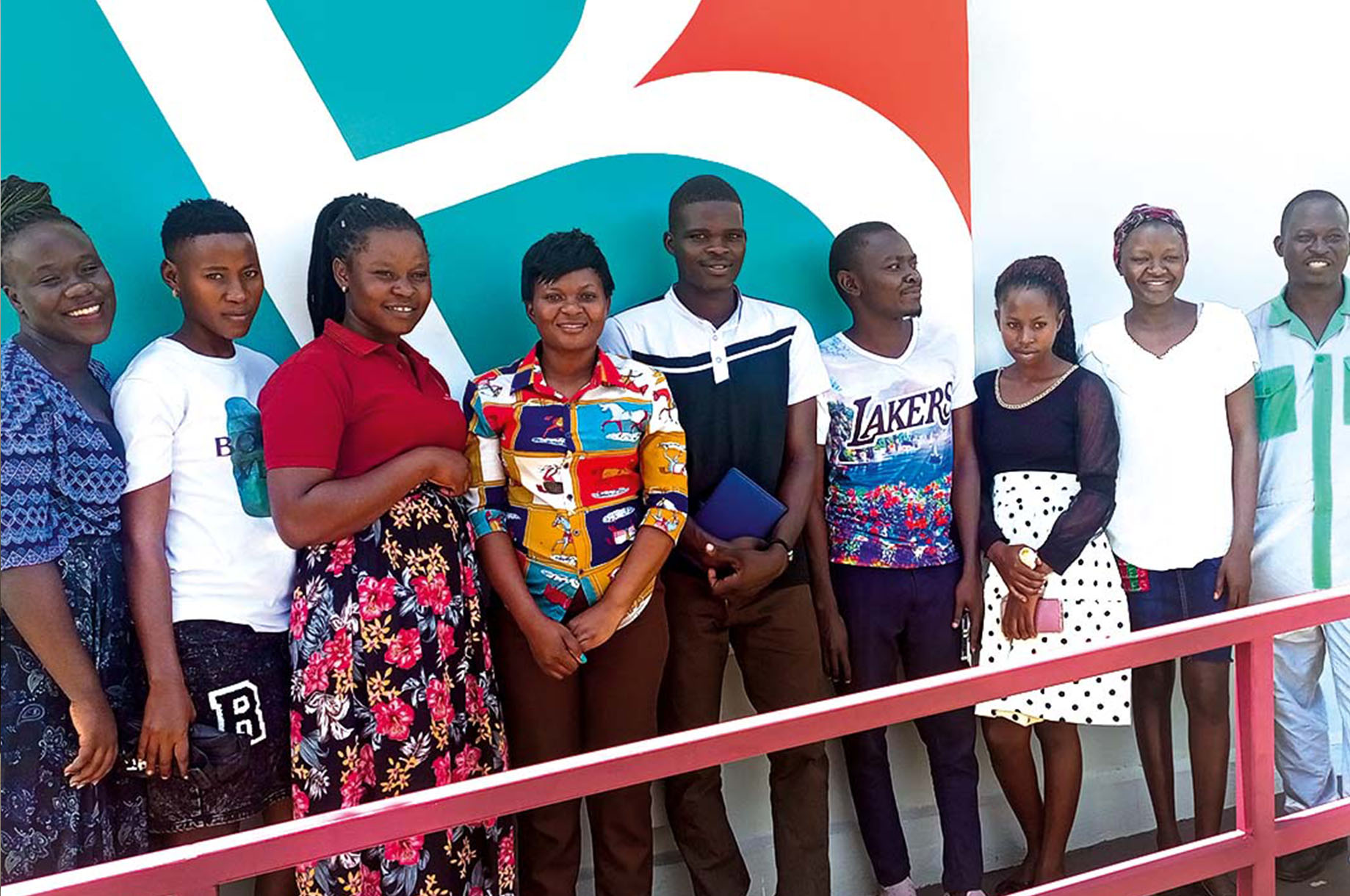Board Games & Brainpower: The Quiet Rise of Strategy Nights
Walk past a common hall at Busoga International Polytechnic on a weekday evening and you might spot something unexpected: clusters of students huddled over boards, faces intense, hands hovering mid-move, laughter rising and falling like waves.
No, it’s not an exam review group—it’s strategy night.
In a campus filled with heavy tools and technical jargon, board games are emerging as an unlikely favorite. But don’t let the casual vibe fool you—these sessions are quietly sharpening some of the most valuable skills students will ever need.
From Quick Laughs to Critical Thinking
It started small: a few students pulling out chess boards, checkers, Uno decks, or Ludo tiles in between classes. What followed was a ripple effect. Word spread. Games got more competitive. Soon, strategy nights became a weekly tradition in multiple dorm blocks and common spaces.
Why? Because the games aren’t just fun—they’re mentally engaging.
“I never thought a card game could teach me focus,” said one student. “But it’s the only time I sit for a full hour, concentrating on one thing.”
What Strategy Games Are Really Teaching
BIP’s programs are built around applied learning. Students spend their days mastering technical systems. But board games offer something less structured—and just as valuable.
Each move is a decision. Each match is a mini-case study in patience, risk assessment, and pattern recognition.
Whether it’s reading a bluff in Uno or plotting five moves ahead in chess, students are practicing how to observe, adapt, and act under pressure. That’s not just good gameplay—it’s good engineering.
Connection Without the Pressure
Another reason strategy nights have taken off? They create community without competition.
While academic projects often come with grades and deadlines, board games offer pressure-free collaboration. Win or lose, the goal is connection. Students from different programs play together. Friends introduce each other to new games. Some groups even rotate hosts each week.
In a high-performance environment, it’s refreshing to find an activity that challenges the brain and lowers the stress.
What Strategy Games Are Really Teaching
BIP’s programs are built around applied learning. Students spend their days mastering technical systems. But board games offer something less structured—and just as valuable.
Each move is a decision. Each match is a mini-case study in patience, risk assessment, and pattern recognition.
Whether it’s reading a bluff in Uno or plotting five moves ahead in chess, students are practicing how to observe, adapt, and act under pressure. That’s not just good gameplay—it’s good engineering.
Connection Without the Pressure
Another reason strategy nights have taken off? They create community without competition.
While academic projects often come with grades and deadlines, board games offer pressure-free collaboration. Win or lose, the goal is connection. Students from different programs play together. Friends introduce each other to new games. Some groups even rotate hosts each week.
In a high-performance environment, it’s refreshing to find an activity that challenges the brain and lowers the stress.
A Space to Be Serious and Silly
Strategy nights are also a rare space where students can be both competitive and relaxed. One round is intense and silent. The next is full of jokes, music in the background, and snacks passed around.
It’s this contrast—focus without formality, rivalry without rigidity—that keeps students coming back.
And beneath the surface, it’s building a sense of identity: BIP isn’t just a place to study. It’s a place where learning how to think also means learning how to relate.
Students Leading the Movement
These nights aren’t run by staff or tied to any official club (yet). They’re entirely student-driven. And that’s part of what makes them powerful.
The games come out because someone brings them. The group grows because someone invites a friend. In an age where so much is digital, there’s something quietly radical about a group of future technicians choosing cards and counters over screens.
As one student summed it up:
“It’s like we’re solving problems—but laughing while we do it.”



